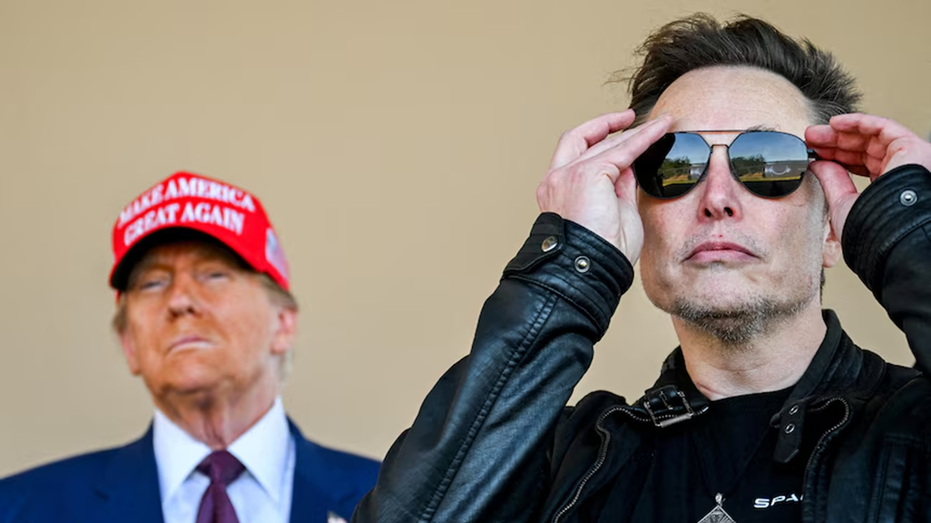White House Defends Tax Bill Amid Elon Musk's "Disgusting Abomination" Criticism
White House defends Trump’s spending bill amid Elon Musk’s criticism, fueling GOP rifts over national debt.

The White House faced a fresh wave of scrutiny on Tuesday as it defended President Donald Trump's so-called "big, beautiful bill" after outspoken criticism from outgoing DOGE chief Elon Musk. Musk, who has been a persistent critic of the comprehensive reconciliation bill, escalated his rhetoric, describing the legislation as a "disgusting abomination" in a post on social media and calling out lawmakers for supporting what he considers wasteful spending.
Musk's latest remarks echo his previous discontent with the bill, particularly given his role at the Department of Government Efficiency (DOGE), where he led a push for aggressive cost-cutting across various federal agencies. "This massive, outrageous, pork-filled Congressional spending bill is a disgusting abomination," Musk charged, adding, "Shame on those who voted for it: you know you did wrong. You know it."
The controversial bill passed the House largely along party lines just before Memorial Day. Despite overwhelming Republican support, two GOP members broke ranks, citing concerns about rising national debt and insufficient reductions in government expenditures. Notably, Kentucky Senator Rand Paul has indicated that he will likely oppose the bill unless significant changes are made, particularly regarding increases to the debt ceiling—an issue he described as non-negotiable.
President Trump has not shied away from responding to critics within his own party, chastising Senator Paul and others who have voiced opposition. However, his approach toward Musk has been noticeably less confrontational. When pressed about Musk’s harsh assessment during a White House briefing, Press Secretary Karoline Leavitt stated, "The president already knows where Elon Musk stands on this bill. It doesn't change the president's opinion. This is one big, beautiful bill and he's sticking to it."
Musk’s criticisms have reverberated throughout Capitol Hill, dividing lawmakers and prompting debate over the bill's merits and its broader fiscal implications. Senate Majority Leader John Thune expressed hope that Musk might reconsider his stance, highlighting that the two simply have a "difference of opinion." Thune further explained that much of Musk's cost-saving efforts targeted discretionary spending, while the current bill addresses only mandatory outlays, suggesting that Musk’s work could be included in future legislation.
Looking ahead, Thune pointed to the possibility of a forthcoming "rescissions bill" to address some of the discretionary spending concerns Musk has raised. He emphasized that efforts are underway to incorporate many of the efficiencies identified by DOGE under Musk's leadership, underscoring ongoing attempts to balance fiscal restraint with the need to move legislative priorities forward.
As the debate intensifies, the fate of the bill remains uncertain in the Senate, where fiscal hawks and deficit-conscious lawmakers may yet demand further revisions. The White House, meanwhile, is standing firm behind the legislation, signaling that despite internal divisions and public criticism, it remains a cornerstone of the administration’s fiscal agenda.




